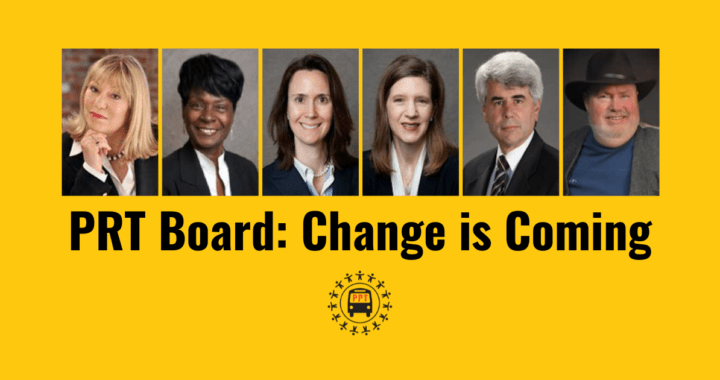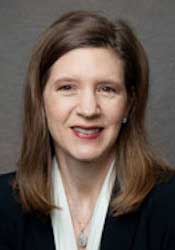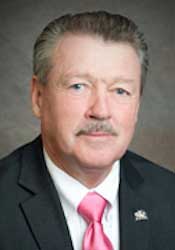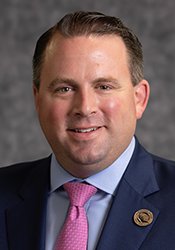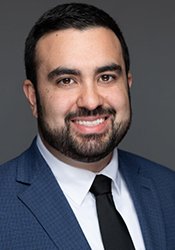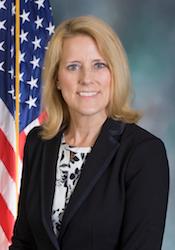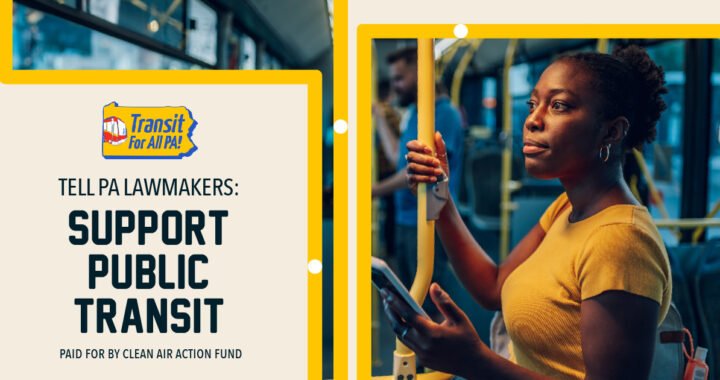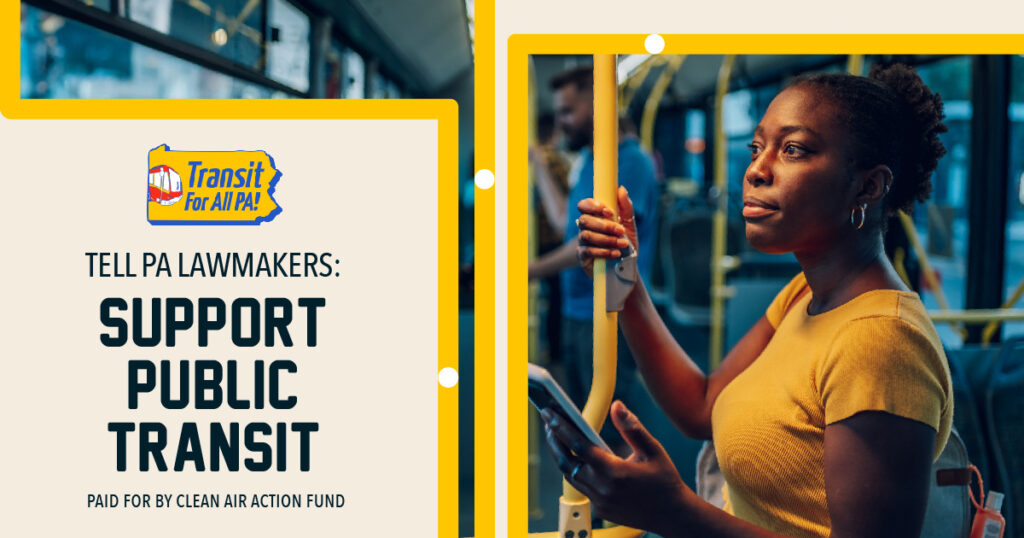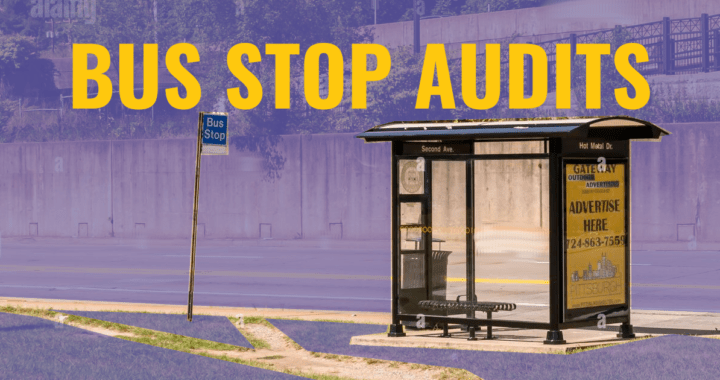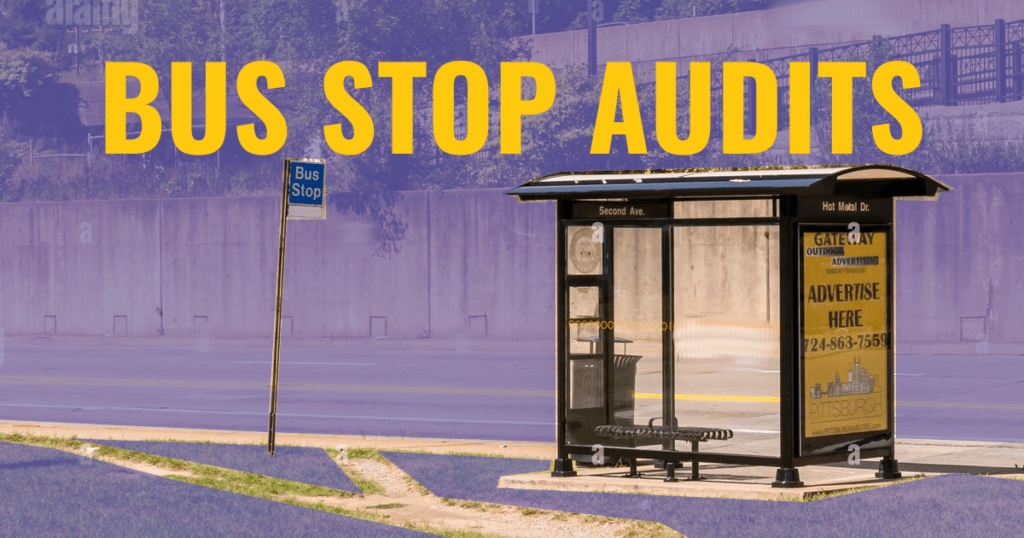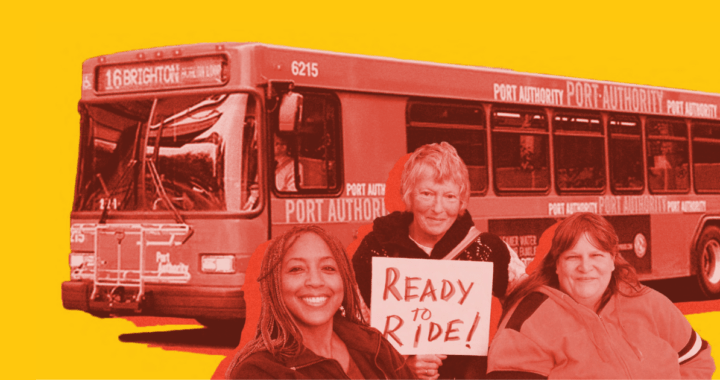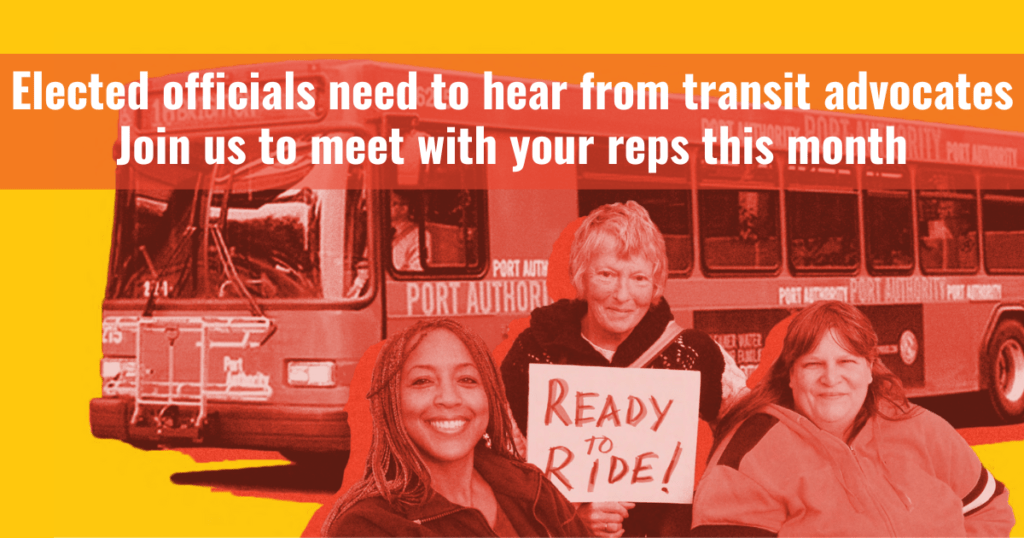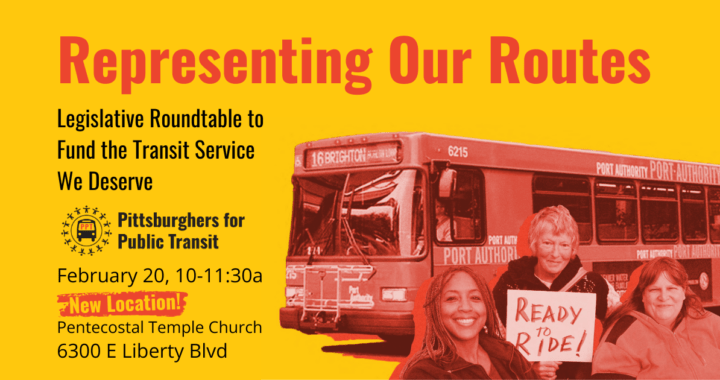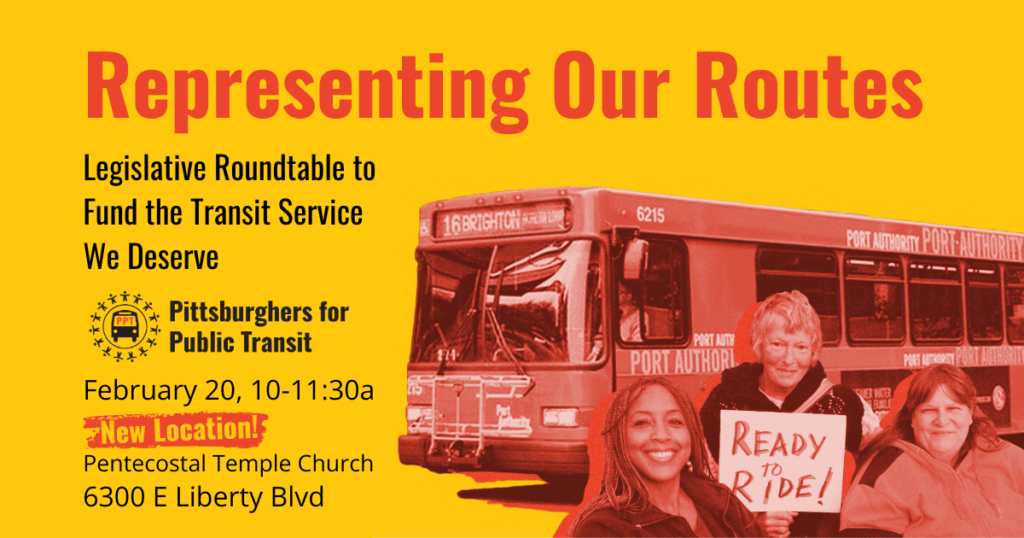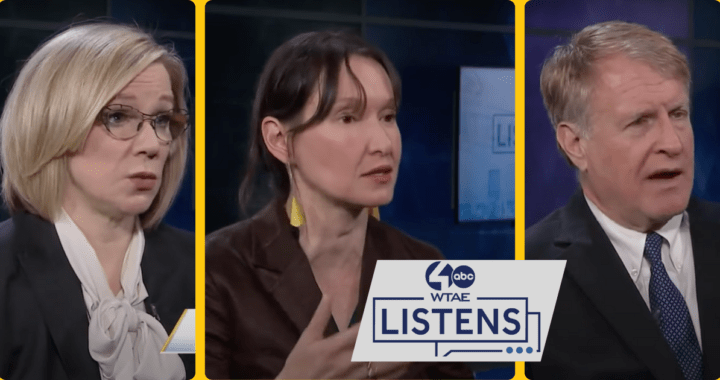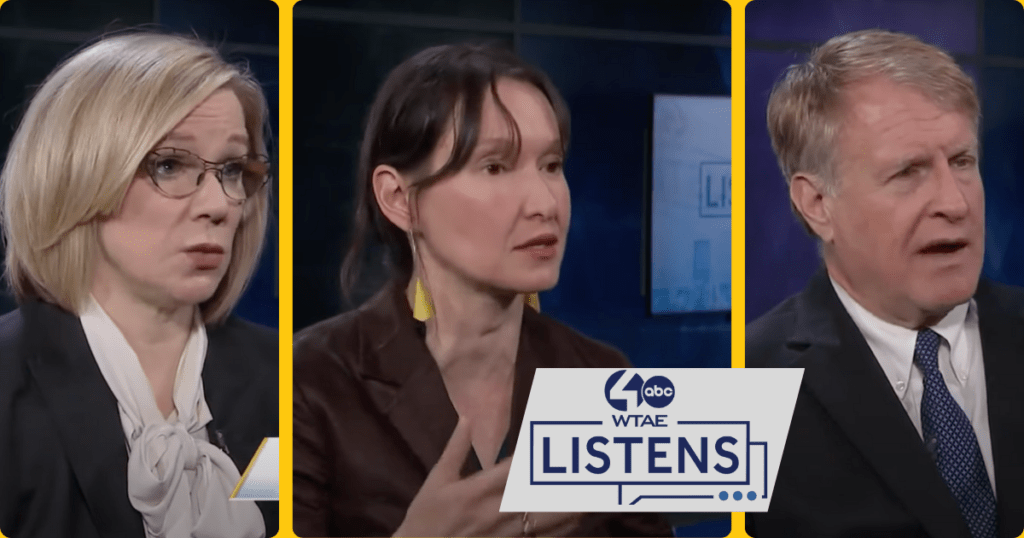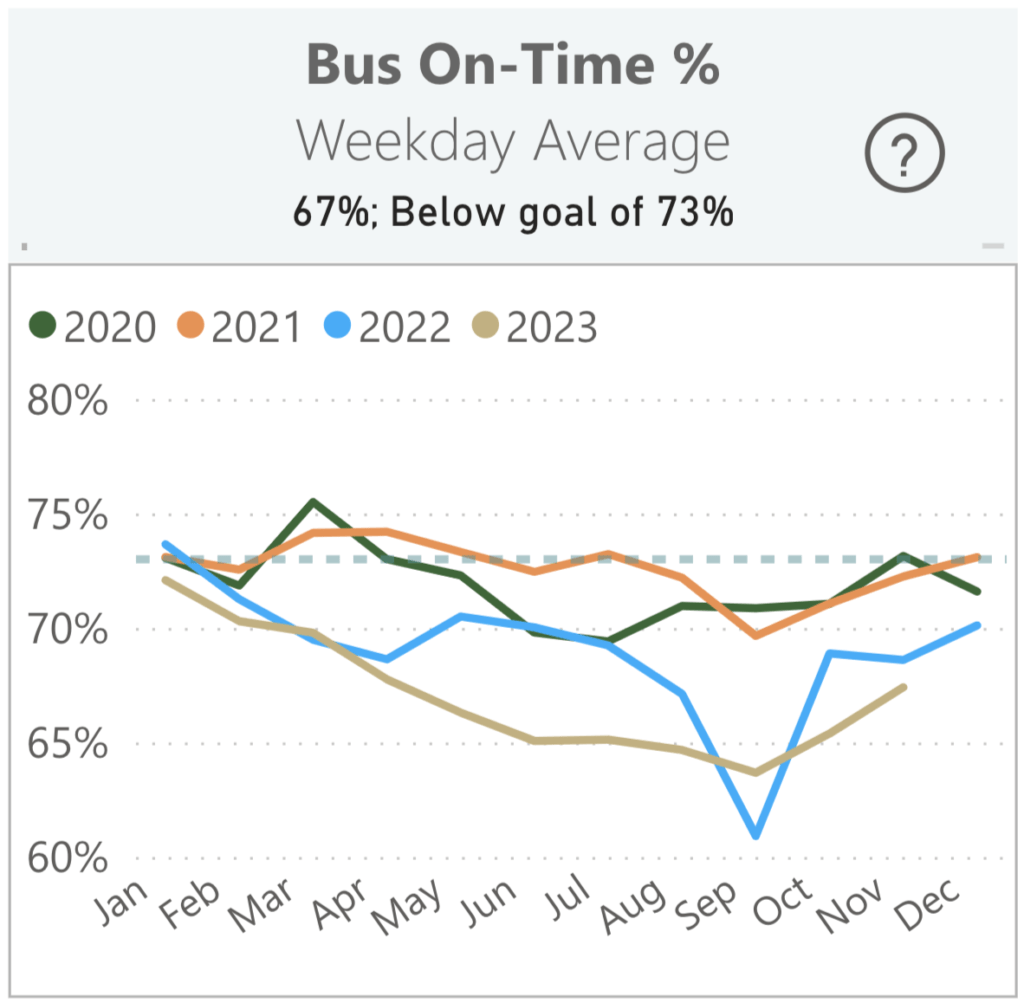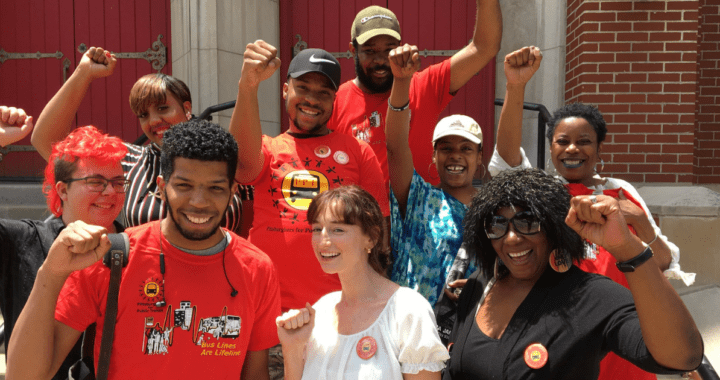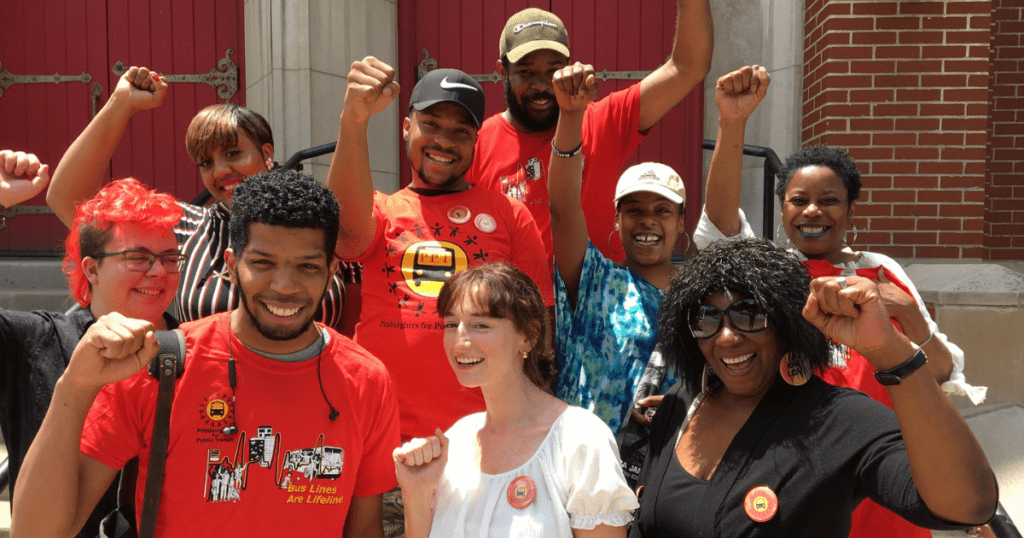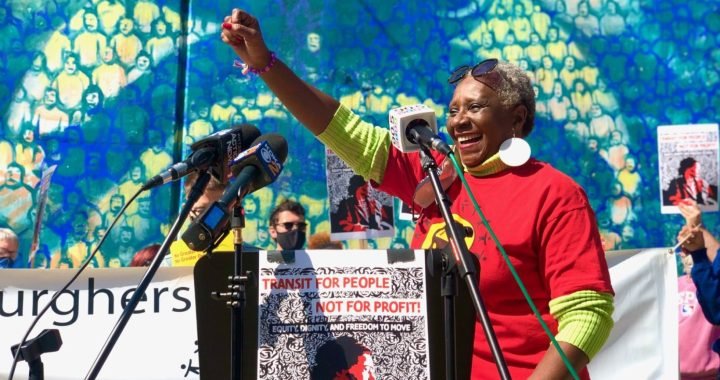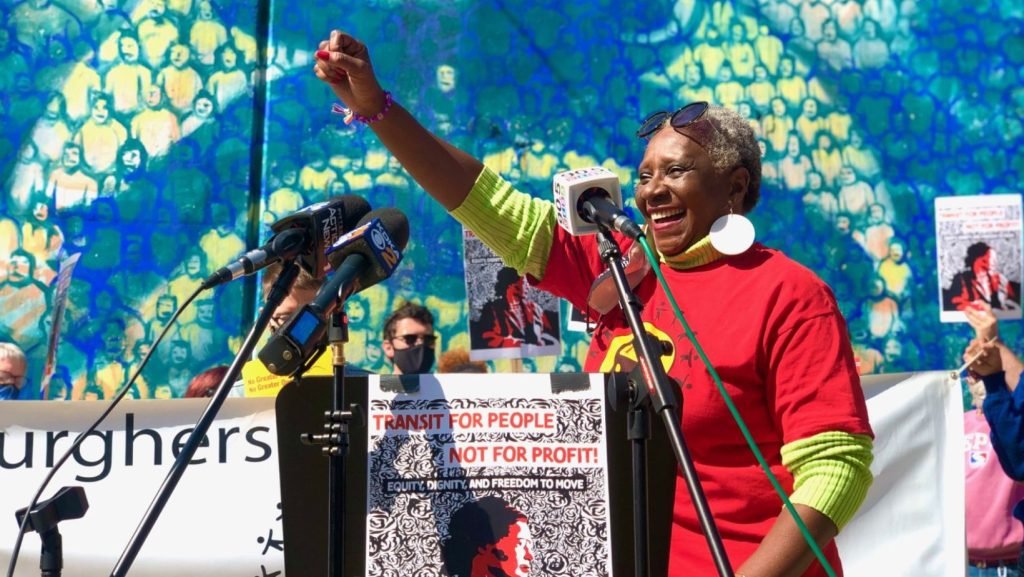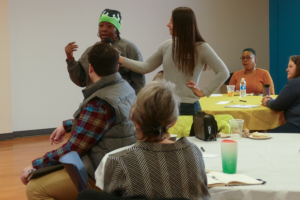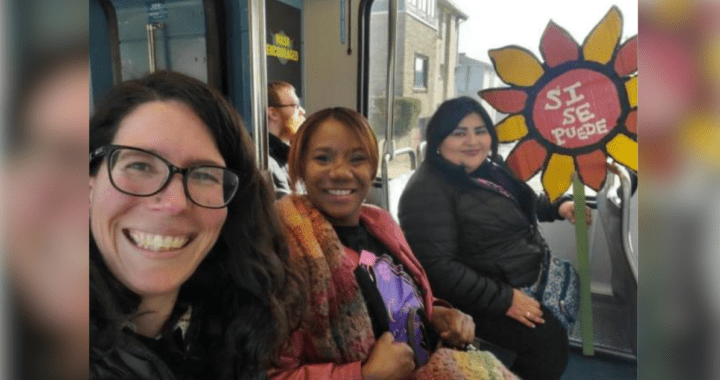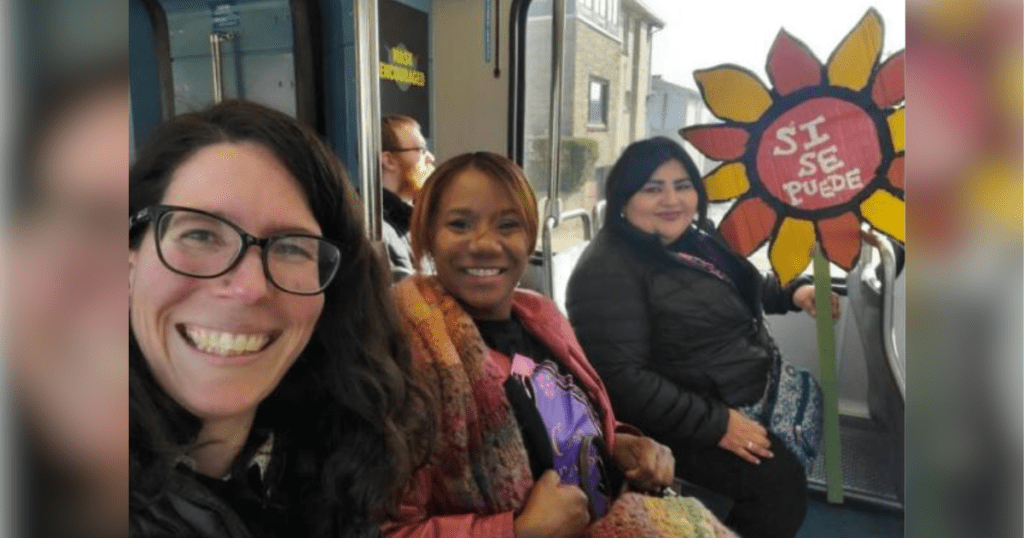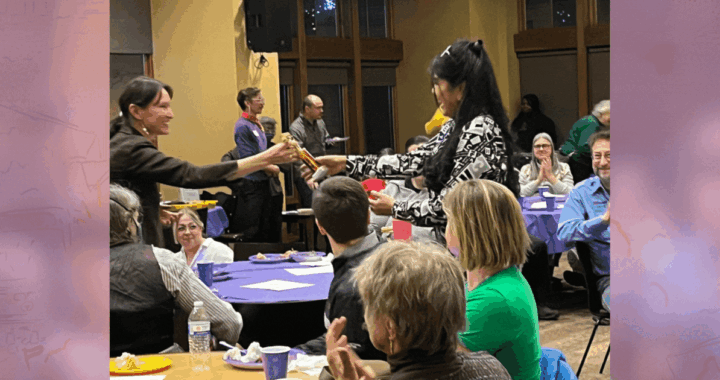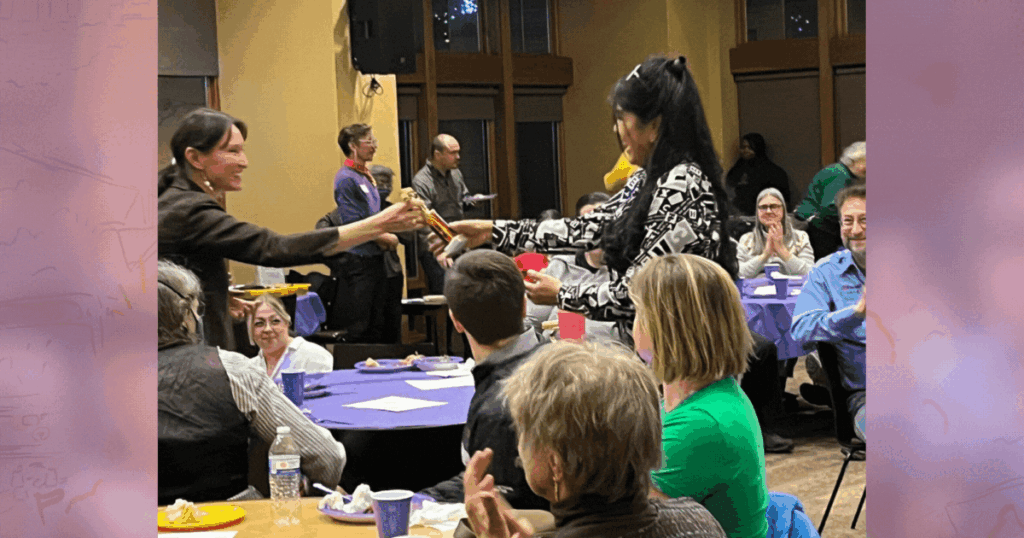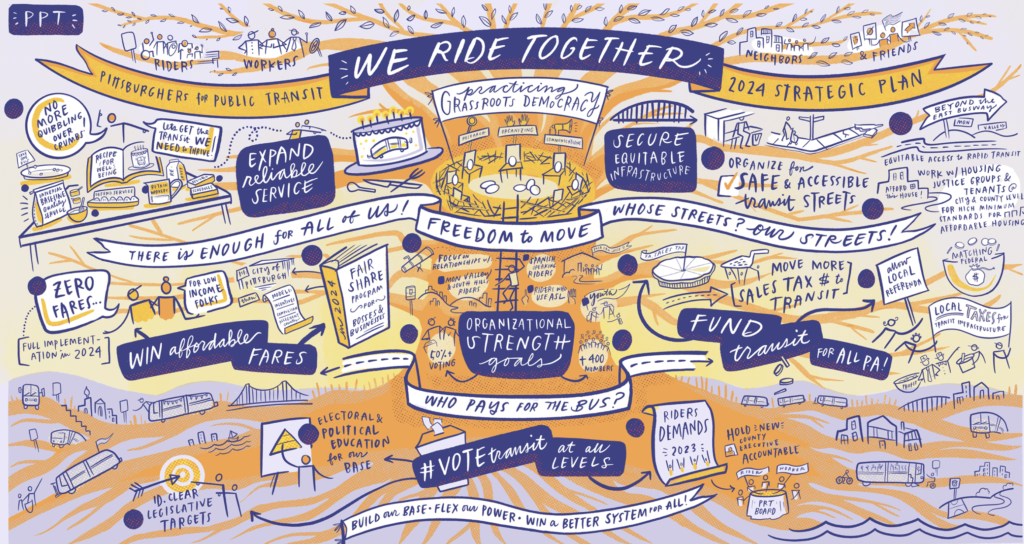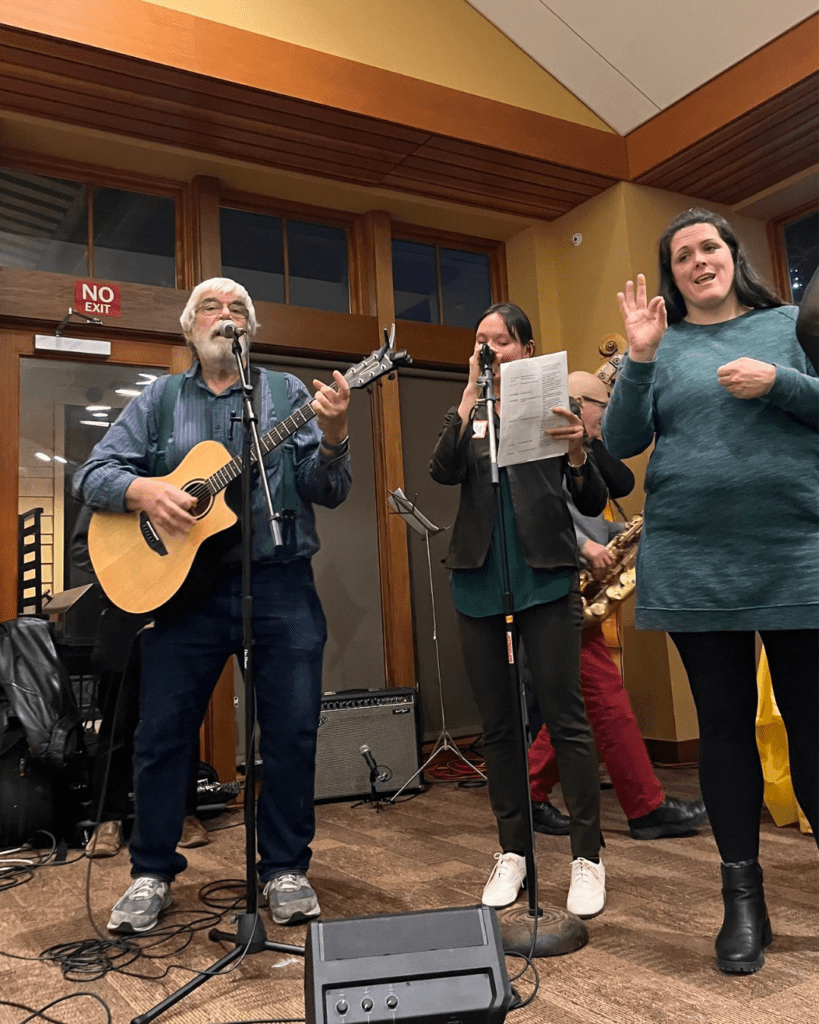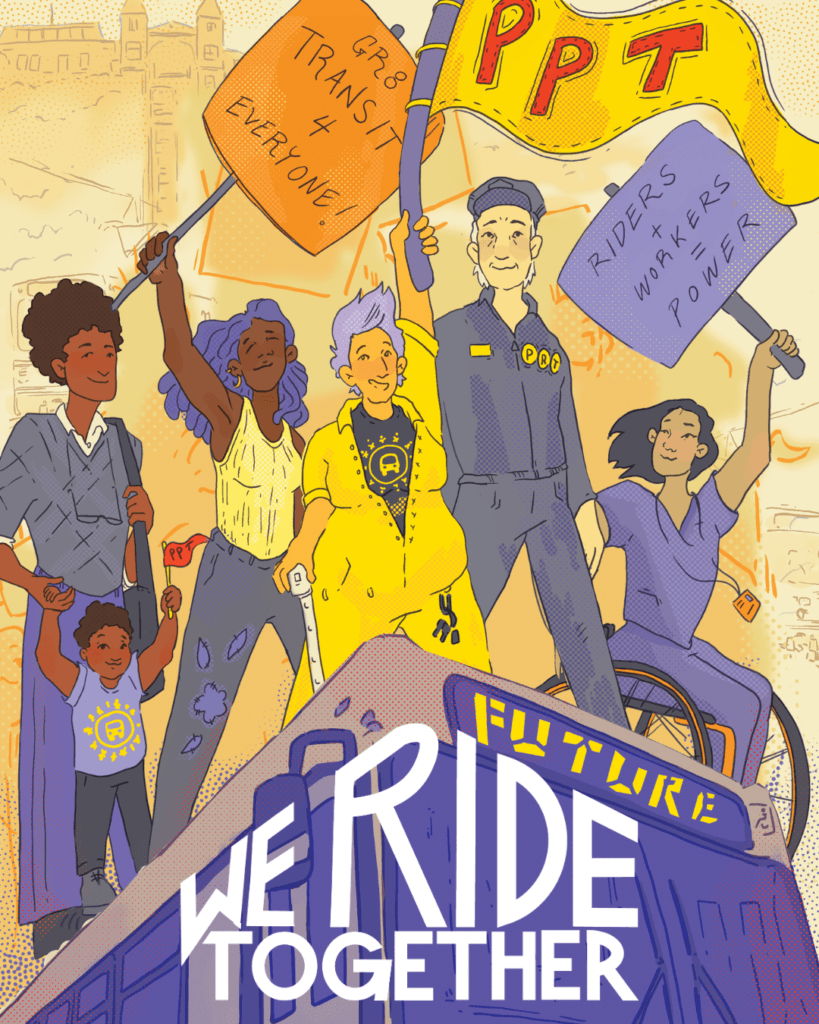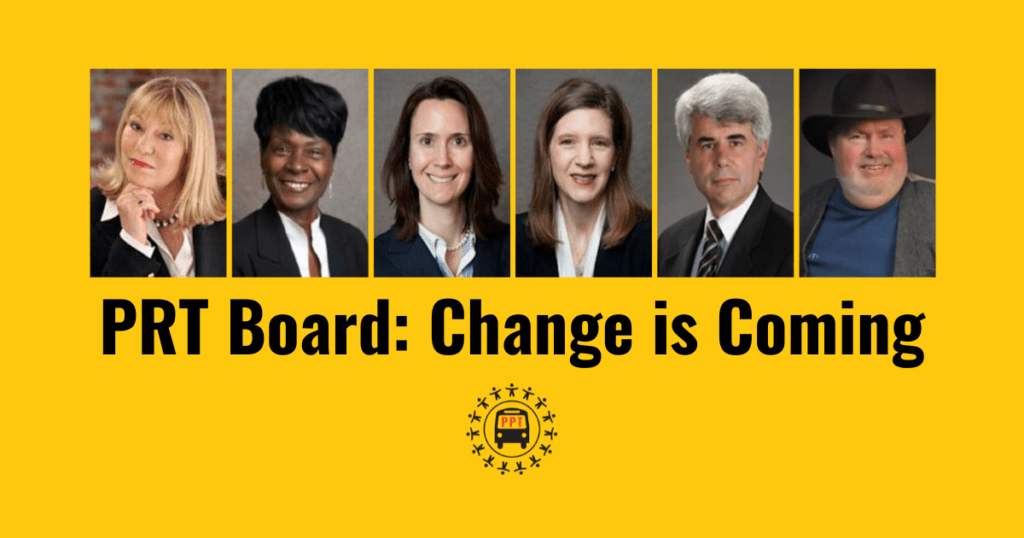
New County Executive Innamorato controls 6 appointees to the PRT Board of Directors. (5 of those appointments are sitting on expired terms, and at least 2 of those seats need to be filled by new people. There’s no denying it: changes are coming to the PRT Board)
We are eager to see appointees who ride transit and who will be fierce advocates for riders and our service.
The new County Executive has the power to immediately appoint visionary leaders to serve on the PRT Board and build a transit agency that serves all of Allegheny County. The PPT Research Committee wrote this quick memo to give background on what the board does and what kinds of people we want to see appointed to be the next leaders of our transit system. If you want to get involved in the Research Committee, sign up here!
Powers & Importance of PRT Board
- The PRT Board is an 11-member volunteer body that has the ultimate responsibility for our transit system.
- The board approves/denies resolutions to improve transit service, public engagement, fare affordability, worker support, capital investments, etc through the board committees:
- Planning and Stakeholder Relations Committee
- Finance Committee
- Performance Oversight Committee
- Technology Committee
- They can approve and amend PRT’s annual budgets
- The board employs and holds accountable the PRT CEO
- And the board can use their position to advocate for policies and practices that support transit justice
How do people get onto the PRT Board of Directors?
The Allegheny County Executive has control over the majority of appointments to the PRT Board. This is why PPT did so much work to ensure that a champion for transit was elected into this position last year. We are excited to have a County Executive who shares our values around community leadership on agency boards, and who has a process to encourage residents to apply for those positions.
Here’s the full breakdown of how Board Members get appointed to serve:
- 4 Board members are appointed directly by the County Executive
- 2 members are appointed by the County Executive with County Council approval
- 1 is appointed by the Governor
- 1 is appointed by President Pro Tempore of the Senate (Republican)
- 1 is appointed by the Senate Minority Leader (Democrat)
- 1 is appointed by the Speaker of the PA House of Representatives (Democrat)
- 1 is appointed by the Minority Leader of the House of Representatives (Republican)
Board members are appointed to 4-yr terms and are term-limited after 3 terms. For more information, check out the Board page of PRT’s Website.
What criteria do we think make for good transit agency board appointees?
We are eager to see County Executive Innamorato appoint Board Members who meet many of these criteria:
- Non-car owners who rely on transit
- Regular transit riders with disabilities/mobility issues
- Active members of local advocates for anti-poverty/transportation justice/economic justice/food access
- SNAP/EBT recipients, especially those involved in DHS’ discount fare pilot program
- Transit riders from immigrant communities
- Transit workers, members of ATU Local 85
- People from communities of color
- Transportation professionals (urban planners, transit/active transportation engineers) with relevant public transit experience
Here’s the rundown of the PRT Board Members serving at the start of 2024, who appointed them, and when their term expires. The first 6 appointments listed are controlled by the County Executive:
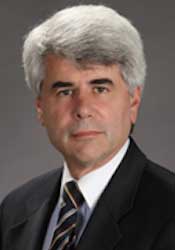
Jeff Letwin
- Appointed by County Executive
- Board Chair
- Chair of Governance Committee and an ex-officio member of all committees.
- First appointed July 2005
- Term ended 9/01/2023
- Term limited, cannot be reappointed
